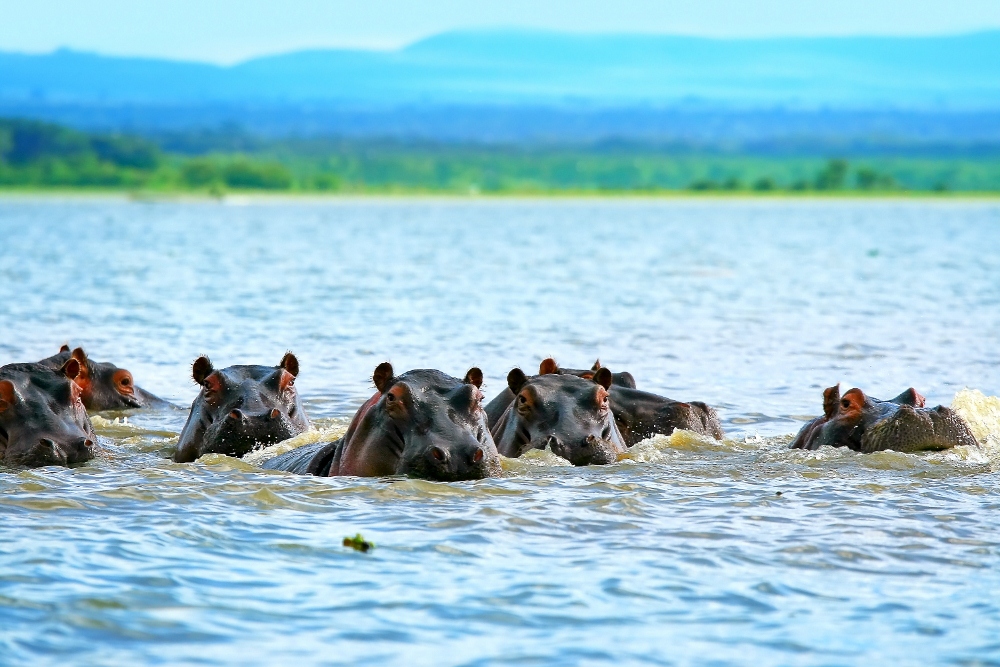The grown-up gap year: AfID in National Geographic10.10.2019
The Rise of the Grown-Up Gap Year
Ever thought taking a career break will be off-putting to potential employers? A ‘grown-up gap year’ is now much more acceptable than it’s ever been — we reveal the reasons behind this growing trend.

Donna Jeavons, sales and marketing director for Contiki, which specialises in travel for those aged 18 to 35, agrees the crash heralded a cultural change. “Since that recession, it’s been much more acceptable to take time out,” she says.
Tim Fryer, UK manager at STA Travel, says grown-up gap years can only have a positive effect on your career. “Taking a break gives travellers time to refocus on work as well as the space to reflect on what exactly it is they want to do,” he explains.
How to volunteer responsibly
Companies like Raleigh International can set you up with a placement that plays to your strengths. It’s also worth seeing if there are schemes tied specifically to your profession — like AFID (Accounting for International Development), which sends up to 180 accountants to work with charities abroad each year (interestingly, they have a 50:50 gender split). “By using their professional skills in a different context, they reenergise,” says volunteer manager Dave Busby.
“Often they come back and decide they want to go in another direction more permanently — they look for work in the charity sector. Or they’re happy to go back to the commercial world — they’ve scratched that itch and have a different perspective on how valuable their skills are. They come back with softer skills too — they’ve worked in a different culture, with limited resources, and have worked with non-finance people. Having that perspective is good for an employer.”
Some volunteers never come back, of course. Others have an epiphany and make life-changing decisions. It’s not all about work, though; a career break like this is about doing something for yourself.
So will you regret it? Not according to 55-year-old supply chain consultant Chris Barrett, who took a grown-up gap year 28 years ago. Before leaving, he wasn’t sure whether it would harm his career; now he says he wouldn’t hire anyone without some travelling under their belt.
“My only regret is that it leaves you with an appetite to do more — I can’t watch travel programmes because I get intensely jealous,” he says. “I’m fairly confident it didn’t do me any harm in my career. If any organisation was unwilling to consider me, they’re not the kind I’d want to work in.”
Your gap year travel tick list
Sabbatical
Don’t assume you have to resign — many companies may be open to you taking a sabbatical. Check your workplace’s policy with the HR department and you might be pleasantly surprised. Even if not, book a meeting with your boss and explain your plans, how you’d see your work being covered while you’re away, and what you could bring to the table upon your return.
Cover
Travel insurance is a must, and it’s worth plumping for the most comprehensive cover available. Check your policy carefully, as many have exclusions for activities as anodyne as riding a bike.
Funds
Save not just enough money for the break itself, but to cover you for up to six months on your return, in case it’s tricky finding a job. A fund to get through three months post-return is a must — both financially and mentally.
Tickets
Plans can change while you’re on the road, so it’s worth looking into flexible flights, or round-the-world tickets. Many long-haul flights are nonrefundable, but can be changed for a fee. Of course, you can also lock in the main flights, and take the train in between. Prices for last-minute train travel tend to be rather more reasonable, too.
Acclimatise
Think you might be nervous? Ease yourself in with a longer stay in your first destination, or consider booking a group tour for a couple of weeks to start off. Many people, especially first-time solo travellers, find this helps them acclimatise, gain confidence and meet potential travel mates.
Read the full article on National Geographic here.


